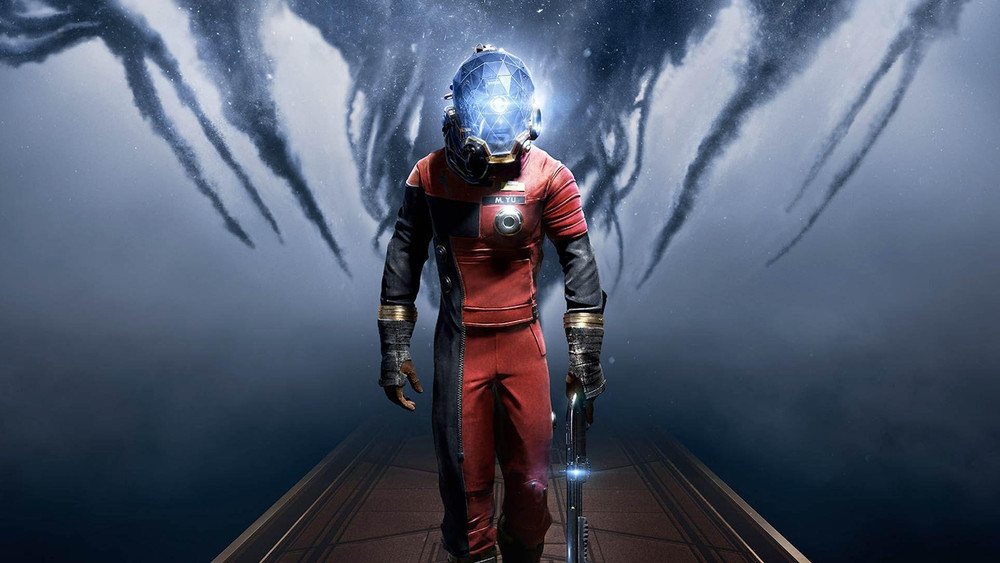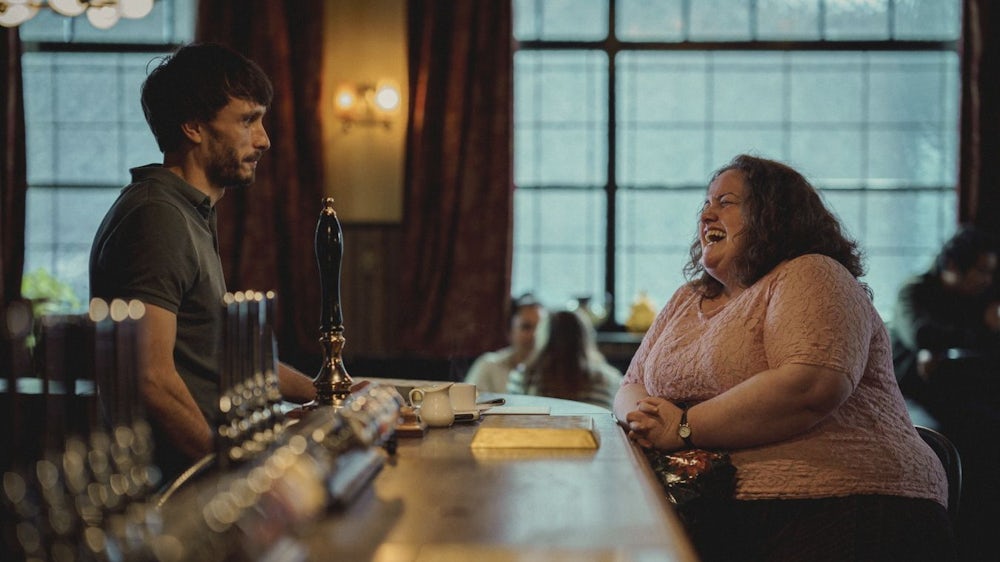 “I’m so fucked up.” (Shinji, after masturbating over Asuka’s comatose body)
“I’m so fucked up.” (Shinji, after masturbating over Asuka’s comatose body)
Hooo boy. Where to even begin? Neon Genesis Evangelion is a true classic, a mastodont of a work, with an unintelligble plot and the strangest-yet-most-real characters ever to be seen in an anime series. It encompasses religion, philosophy, psychoanalysis while telling a story about robots fighting monsters and preventing the end of the world. And it’s also a coming of age story.
But in the end all it really boils down to is that one quote above.
The year is 2015. The world – or rather, Japan – is under siege by a huge monster named an angel. As the UN can’t take it down, they have to rely on a mysterious and slightly totalitarian company called NERV. NERV developed gigantic robots named Evangelions to deal with the angel threat. Only hitch: these robots can only be controlled by fifteen year-olds. Enter Shinji Ikari, our teenage protagonist. He’s on his way to see his father for the first time in almost ten years. But the thing is: dad’s the director of NERV, and before Shinji knows it, he enters the Evangelion and defends humanity with one goal: being appreciated by his distant father.
I was 15 when I first watched Evangelion. Exactly Shinji’s age. Back then, I remember thinking: “Boy, finally a series that understands what it’s like to be fifteen.” Shinji’s constant questions about how to be loved and how to live seemed so real to me. Shinji’s all about seeking intimacy and ultimatively failing because he forgets that other people have their own motives as well. I could relate to that: the human skull was thick, and the rib cage even thicker – how does one penetrate and how does one get penetrated?
I forgot about Evangelion. I tried again when I was 19, but I just couldn’t find the appeal in it. Shinji had become a pessimistic, masochistic brat and I couldn’t bear to watch him. I was studying hard at university, I had a clear goal, it appeared I knew how life would turn out to be.
But right now, at 26, I found myself wanting to try again. Surely, it was great back when I was 15, to the point where it inspired me to write a short story called Elli (the idea of which still sticks in my head until this very day) – that must’ve meant something. So I watched a couple of episodes and was hooked once more. It was brilliant! It was a perverted parody of a Japanese mecha series: the first encounter between robot and monster is drawn out to the end of the second episode – instead, we get thirty five minutes of interpersonal and intrapersonal drama. How awesome! Suddenly, I found myself thinking that this anime thing (which, be entirely honest with yourself, is commercial dribble most of the time) could actually be art!
After having watched the entire series, including the End of Evangelion (an alternative and – in my opinion – definitive ending to the series), I still like to think it is. I kind of think the series became art by accident – but the End of Evangelion? That was on purpose.
You see, back in the nineties, Gainax (the people behind the series) had a reputation of having very bad money management. I think the billions Evangelion raked in changed that, but back then they had to row with smaller reams. So they ran into a little problem along the way: they had spent so much money on the first half of the season that means to create the second were scarce. Of course, there was the usual creative-vs-television quarrel (some of the footage was deemed too explicit; moreover, a second season was canceled halfway through the first), but it all boils down to bad management in the end. Where the first episodes features gigantic fights with slick animation, the monetary situation resulted in a second half that grew increasingly cheap-looking and ended with two episodes with barely anything except reused footage from previous episodes.
And that’s what made the TV series into accidental art in my opinion. For a series that’s trying to tell the end of the world, it’s increasingly fitting that all of a sudden, three side characters disappear with a mere mention that they move away because the area was dangerous. The world, which seemed vibrant and alive in the first few episodes, slowly became emptier and more dreary – without there being actual destruction going on. It perfectly mirrors the tone set by the series at that point: it’s not about fifteen year-olds saving the world anymore, it’s about child soldiers with severe mental problems who are forced to things they simply can’t.
Unfortunately, for me, the two last episodes botched it. They were fulfilling from a character viewpoint (the series never strays from Shinji – every problem seems to stem from his inability to find closeness to others); the plot, however, wanted to tie a bit too many things up without having the means to do so.
Shame, right?
Wrong.
Enter End of Evangelion, in which the world turns against NERV and everything – everyone – goes pants up. We start off with Shinji uttering the quote at the start of the article, then move over to Misato (Shinji’s legal adult guardian) promising the boy to make love to him if he does his one final mission; Shinji’s dad and one of the pilots named Rei (who share an almost incestuous relationship throughout the entire series) having a very weird encounter involving his hand touching and gliding into her breast, moving over to Shinji ending the world and melting together with said Rei (nothing says “Dad, I want to be like you” quite as much as that), changing his mind and finally ending up as the next Adam on a deserted, blood-coloured beach in a broken-down world which has a giant Rei head (that, five minutes prior, had a vulva-shaped opening in her head in which Shinji entered) lying in the middle of the ocean, with the next Eve called Asuka (a fellow pilot who, up till a certain point, seemed like the only sane person on this show and then suddenly became the most fucked up of all of them), where he proceeds to try and choke her to death.
That’s a long sentence. If that didn’t make any sense, that’s okay. Neither does the End of Evangelion, if you think about it. It is the most provocative anime I have ever seen – it makes the guy from Fullmetal Alchemist who turned his daughter and her dog into a transmuted monster look like a Disney movie. But it is great – precisely because there’s nothing quite like it. And while we have seen classical music layered over gorey scenes else, nobody ever did it quite as good as this:
From the series
From End of Evangelion
It’s okay that the story is fucked up and throws around way too many complicated biblical references that don’t make sense no matter how you look at it: Neon Genesis Evangelion is unbelievably deep on a character level. It’s also uncanny in the way it observes people and judges those observations: there’s always something that caused a problem (or trauma, if you will) – and unfortunately, said cause can not be undone or overcome. And in telling us precisely that, in watching those feeble characters struggle for survival on so many levels: that’s when the series is strongest. Evangelion doesn’t just tell us the end of the world. It shows us the possible end of humanity in a surprisingly realistic (and shockingly banal) fashion: the world is ending and we’re bickering amongst ourselves.



